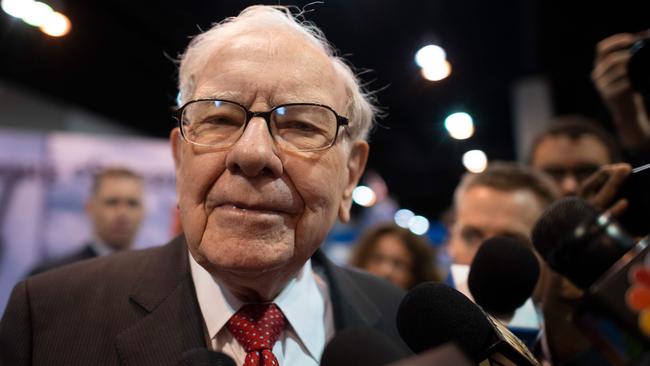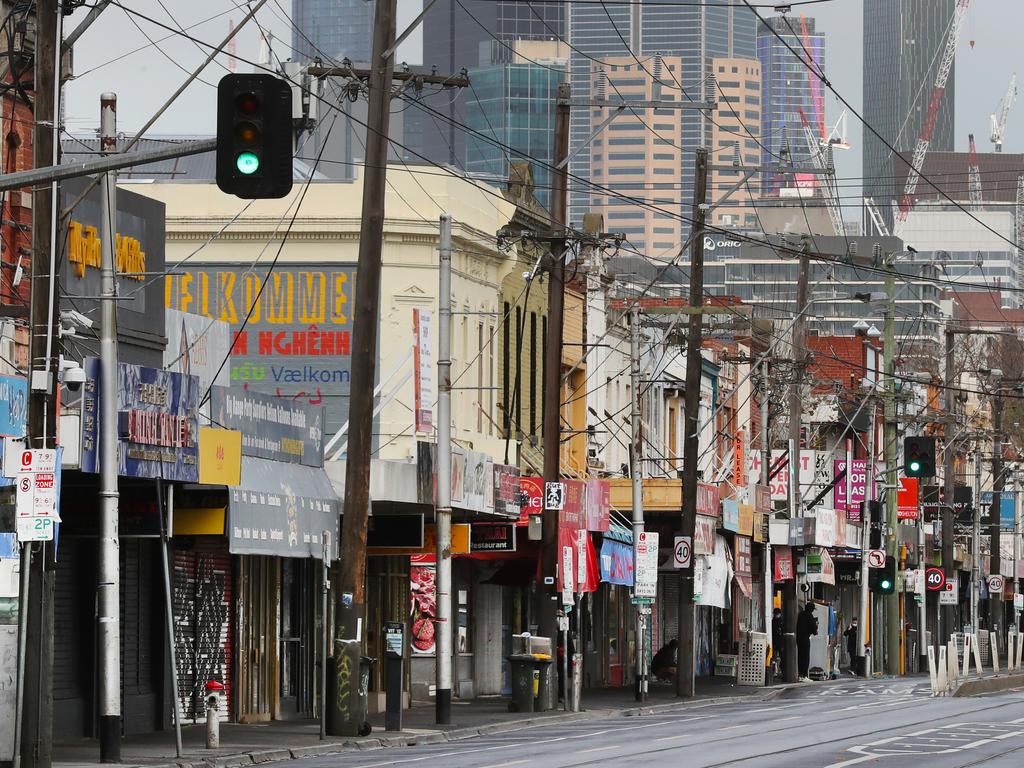Warren Buffett at 90 begs questions about Berkshire Hathaway future

Yet whatever Buffett premium that existed for the stock is gone, as investors anticipate the end of his reign.
Berkshire’s class A shares at around $311,000 look appealing, valued at under 1.2 times estimated September 30 book value of about $267,000. That’s up from a recent low of 1.1 times, but below an average of about 1.4 book value in recent years. The class B shares trade at about $207.
(Class B Berkshire Hathaway shares rank consistently among the top 10 overseas shares held by Australian retail investors. It is one of the few non-technology stocks, along with Disney, which appears at the top of the overseas holdings from brokers such as NAB Trade. In recent months the most popular overseas stocks has been the electric car maker Tesla).
The book value estimate comes from analyst James Shanahan at investment manager Edward Jones, who has a Buy rating on the shares. “The stock is cheap,” he says. “Some of the businesses that are struggling are poised to start performing better later this year and in 2021.”
The stock is popular with both clients and financial advisers, Shanahan adds: “It gives clients broad exposure to the US economy - like a diversified mutual fund - at a low cost to own.”
The shares remain behind the overall market this year, after trailing it by about 20 percentage points in 2019.
Lately, investors have been encouraged about Berkshire’s stock buyback activity. It repurchased $5.1bn in the second quarter—more than in all of 2019. And buybacks remained strong in July, at an estimated $2bn-plus, based on Berkshire’s 10-Q filing.
Apple’s surging stock is another plus. Berkshire’s stake is now worth about $120bn, or nearly 25 per cent of Berkshire’s market value.
Investors are also starting to anticipate the post-Buffett era, and it could be a good period for shareholders. The company probably would initiate a dividend, a move that Buffett has long resisted—our guess is around 2 per cent yield —and would likely continue to buy back stock.
There could also be moves to improve operating efficiencies at the sprawling conglomerate, whose main divisions include the Burlington Northern Santa Fe railroad, auto insurer Geico, and a large utility business — or there could be a push to break up the company.
Buffett said at the virtual annual meeting in May that a breakup was unlikely. With holdings by the Buffett family and friends, there will be enough stock to keep Berkshire intact, even as, per his wishes, his stock is given away to charities in the years after his death. “You can count on Berkshire’s present posture being continued for a long time,” he said.
Investor David Rolfe of Wedgewood Partners, who made a well-timed sale of Berkshire stock last year, isn’t so sure.
“I just don’t think the ‘Berkshire conglomerate’ culture and structure will survive long after Buffett; the pressure from activist investors will be too intense,” Rolfe says.
Activists could argue that Berkshire trades at a meaningful discount to its sum-of-the-parts value and that it is too big to be effectively managed without someone like Buffett in charge. That could usher in a stormy period for Berkshire, after more than a half-century of calm under Buffett’s leadership.
Barron’s







Warren Buffett turned 90 at the weekend (August 30), continuing his amazing run of 55 years at the helm of Berkshire Hathaway.